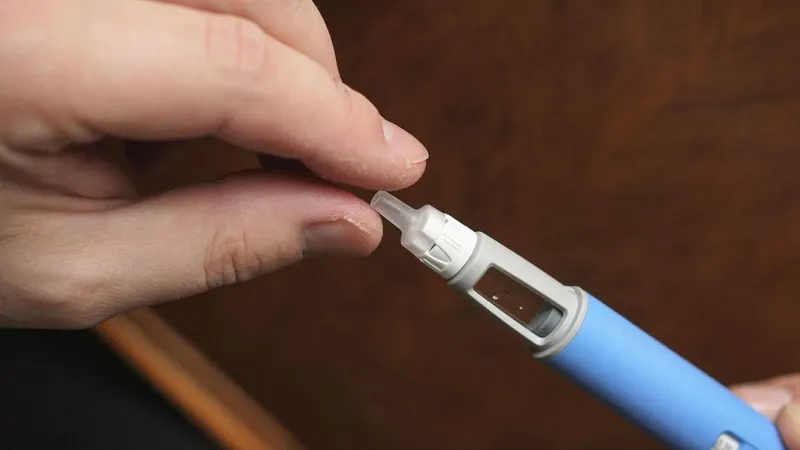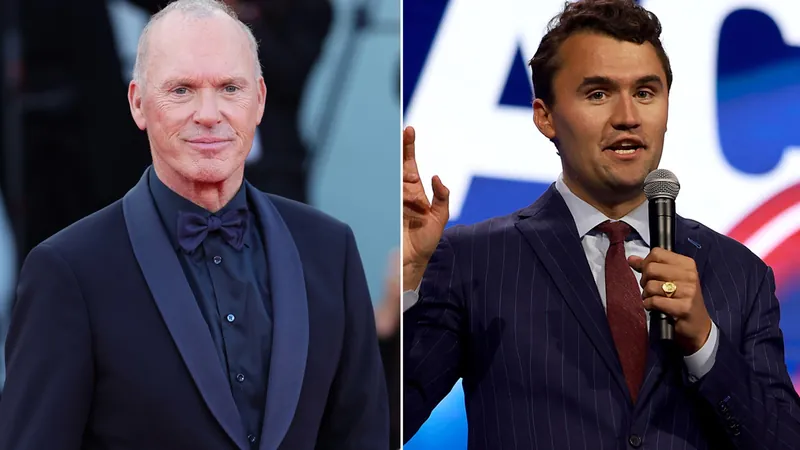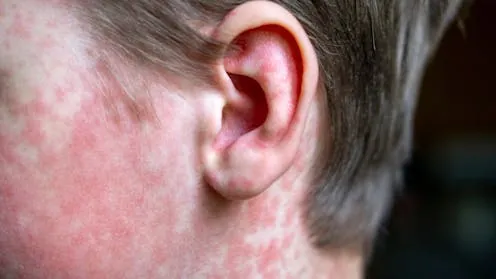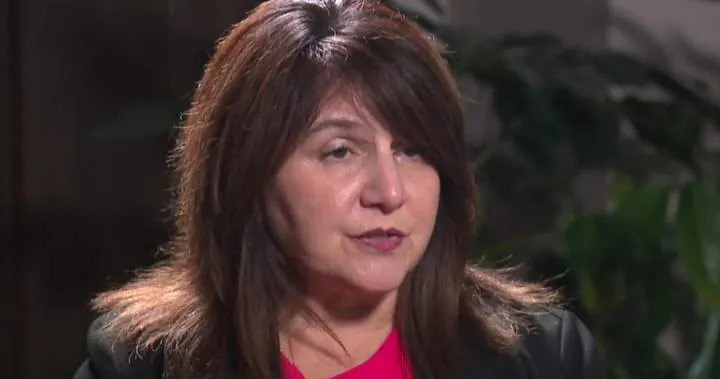
The Showdown on Kids and Weight Loss Drugs: What's the Real Deal?
2025-09-15
Author: Benjamin
Groundbreaking Study Reveals Weight Loss Drugs Can Work for Kids!
A stunning new study has unveiled that weight loss medications, particularly glucagon-like peptide-1 (GLP-1) receptor agonists, show remarkable effectiveness in children and teenagers. As these drugs become increasingly popular, their potential to combat obesity and type 2 diabetes in young people is sparking urgent discussions.
How Do These Drugs Work?
These medications, marketed under names like Ozempic, Wegovy, Mounjaro, and Zepbound, function by mimicking a hormone that curbs appetite, helping users shed unwanted weight. The research, detailed in JAMA Pediatrics, analyzed data from 18 clinical trials involving around 1,400 participants aged 6 to 17, and the results are promising!
Significant Health Improvements!
Children treated with these medicines experienced a drastic drop in blood sugar levels and significant weight loss compared to those on placebo treatments. Importantly, the study indicated no alarming rise in suicidal thoughts or behaviors among the young users. However, some gastrointestinal side effects, like nausea and vomiting, did surface.
The Big Question: Should Kids Use These Drugs?
Despite encouraging results, experts are divided on whether weight loss drugs should be prescribed to children. The International Society for Pediatric and Adolescent Diabetes (ISPAD) endorses their use for a narrowly defined group of young people battling obesity and diabetes, but concerns remain.
Caution Urged by Experts!
Dr. Julian Hamilton-Shield from the University of Bristol stresses the importance of careful consideration before prescribing these drugs to young patients. He notes that while some children suffer severe obesity-related health issues—including obstructive sleep apnea—a careful approach is essential.
Prevention is Key!
Moreover, it’s critical to offer such treatments within specialized clinics that provide comprehensive support including mental health assistance and nutrition counseling. Success in weight loss often requires a multi-faceted approach, blending medical treatment with lifestyle changes.
A Global Health Crisis!
The findings come at a time when childhood obesity rates are alarming. According to UNICEF, nearly one in ten children globally is classified as obese, leading to lifelong health challenges like diabetes, heart disease, and even decreased life expectancy.
Looking to the Future!
Experts believe that early intervention through these medications could provide a significant opportunity to improve children's health outcomes. However, important questions about the long-term effects and safety of these drugs remain unanswered.
As the debate continues, the consensus is clear: while weight loss drugs could be a powerful tool in managing youth obesity, rigorous studies and protocols are necessary to ensure their safe and effective use.









 Brasil (PT)
Brasil (PT)
 Canada (EN)
Canada (EN)
 Chile (ES)
Chile (ES)
 Česko (CS)
Česko (CS)
 대한민국 (KO)
대한민국 (KO)
 España (ES)
España (ES)
 France (FR)
France (FR)
 Hong Kong (EN)
Hong Kong (EN)
 Italia (IT)
Italia (IT)
 日本 (JA)
日本 (JA)
 Magyarország (HU)
Magyarország (HU)
 Norge (NO)
Norge (NO)
 Polska (PL)
Polska (PL)
 Schweiz (DE)
Schweiz (DE)
 Singapore (EN)
Singapore (EN)
 Sverige (SV)
Sverige (SV)
 Suomi (FI)
Suomi (FI)
 Türkiye (TR)
Türkiye (TR)
 الإمارات العربية المتحدة (AR)
الإمارات العربية المتحدة (AR)